Financial System Adaptability and Resilience
This research group investigates critical aspects of financial system adaptability and resilience. First, it analyses the impact of natural disasters on financial systems. Second, the group aims to investigate the effects of political preferences for the green transition. Third, the group's research analyses the role of culture in economies.
Research Cluster
Financial Resilience and RegulationYour contact

Mitglied - Department Financial Markets
EXTERNAL FUNDING
07.2016 ‐ 12.2018
Relationship Lenders and Unorthodox Monetary Policy: Investment, Employment, and Resource Reallocation Effects
Leibniz Association
We combine a number of unique and proprietary data sources to measure the impact of relationship lenders and unconventional monetary policy during and after the European sovereign debt crisis on the real economy. Establishing systematic links between different research data centers (Forschungsdatenzentren, FDZ) and central banks with detailed micro-level information on both financial and real activity is the stand-alone proposition of our proposal. The main objective is to permit the identification of causal effects, or their absence, regarding which policies were conducive to mitigate financial shocks and stimulate real economic activities, such as employment, investment, or the closure of plants.
01.2015 ‐ 12.2019
Interactions between Bank-specific Risk and Macroeconomic Performance
German Research Foundation (DFG)
Refereed Publications
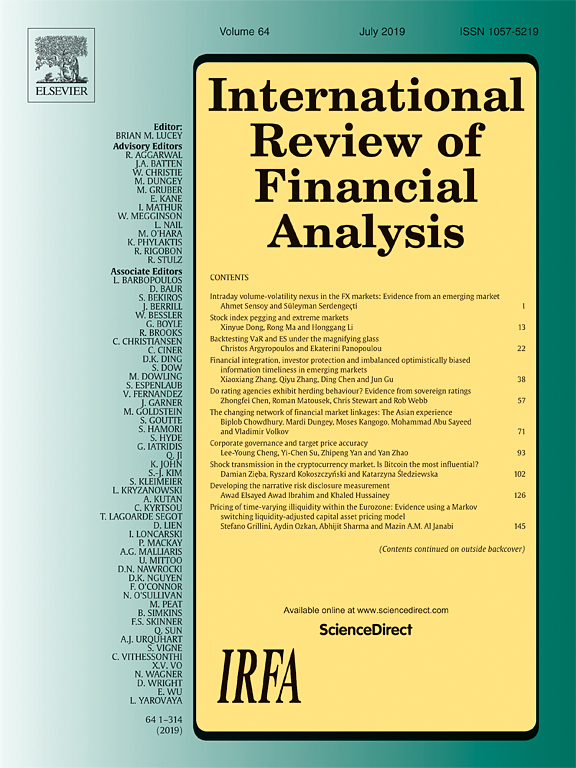
The Real Impact of Ratings-based Capital Rules on the Finance-Growth Nexus
in: International Review of Financial Analysis, January 2021
Abstract
We investigate whether ratings-based capital regulation has affected the finance-growth nexus via a foreign credit channel. Using quarterly data on short to medium term real GDP growth and cross-border bank lending flows from G-10 countries to 67 recipient countries, we find that since the implementation of Basel 2 capital rules, risk weight reductions mapped to sovereign credit rating upgrades have stimulated short-term economic growth in investment grade recipients but hampered growth in non-investment grade recipients. The impact of these rating upgrades is strongest in the first year and then reverses from the third year and onwards. On the other hand, there is a consistent and lasting negative impact of risk weight increases due to rating downgrades across all recipient countries. The adverse effects of ratings-based capital regulation on foreign bank credit supply and economic growth are compounded in countries with more corruption and less competitive banking sectors and are attenuated with greater political stability.

Transactional and Relational Approaches to Political Connections and the Cost of Debt
in: Journal of Corporate Finance, December 2020
Abstract
This paper examines the economic effects of a firm's approach to developing and maintaining political connections. Specifically, we investigate whether lenders favor transactional connection as opposed to relational connection. By tracing firms in a politically volatile emerging democracy in Indonesia, we find that firms following a transactional political connection strategy experience a relatively lower cost of debt than those with a relational strategy. The effect is more pronounced for firms facing high financial distress. The finding is robust to cost of bank loans and a variety of regression methods. Overall, the evidence suggests that in times of frequently changing political regimes, firms benefit from a transactional relationship with politicians as it enables to update connection with the government in power. Relational connection is valuable for a firm only when the political regime connected with it gains power.
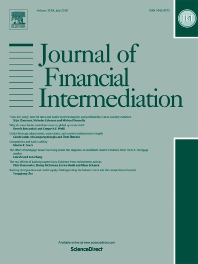
Borrowers Under Water! Rare Disasters, Regional Banks, and Recovery Lending
in: Journal of Financial Intermediation, July 2020
Abstract
We show that local banks provide corporate recovery lending to firms affected by adverse regional macro shocks. Banks that reside in counties unaffected by the natural disaster that we specify as macro shock increase lending to firms inside affected counties by 3%. Firms domiciled in flooded counties, in turn, increase corporate borrowing by 16% if they are connected to banks in unaffected counties. We find no indication that recovery lending entails excessive risk-taking or rent-seeking. However, within the group of shock-exposed banks, those without access to geographically more diversified interbank markets exhibit more credit risk and less equity capital.
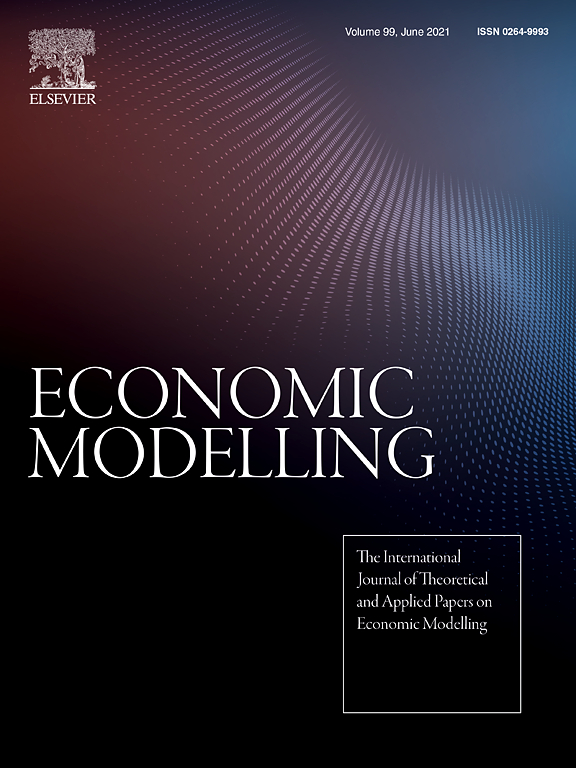
Cross-country Evidence on the Relationship between Regulations and the Development of the Life Insurance Sector
in: Economic Modelling, July 2020
Abstract
Using a global sample, this study sketches the impact of insurance regulations on the life insurance sector, revealing a significant negative association between supervisory control on policy conditions of life annuities as well as pension products and the development of the industry. A similar inverse relation is observed between the index of capital requirements and insurance development. These results hold when we control for demographic factors, economic factors, religious inclination, culture, as well as for other relevant regulations. We also find some evidence that while the overall supervisory power does not matter, the ability to intervene at an early stage could have a positive effect on insurance development. Additionally, the impact of some regulations appears to differ between advanced and developing countries.

Credit Allocation when Borrowers are Economically Linked: An Empirical Analysis of Bank Loans to Corporate Customers
in: Journal of Corporate Finance, June 2020
Abstract
Using detailed loan level data, we examine bank lending to corporate customers relying on principal suppliers. Customers experience larger loan spreads, higher intensity of covenants and greater likelihood of requiring collateral when they depend more on the principal supplier for inputs. The positive association between the customer’s loan spread and its dependence on the principal supplier is less pronounced when the bank has a prior loan outstanding with the principal supplier, and when the bank has higher market share in the industry. Longer relationships between the customer and its principal supplier, and between the bank and the principal supplier, mitigate lending constraints. The evidence is consistent with corporate suppliers serving as an informational bridge between the lender and the customer.
Working Papers
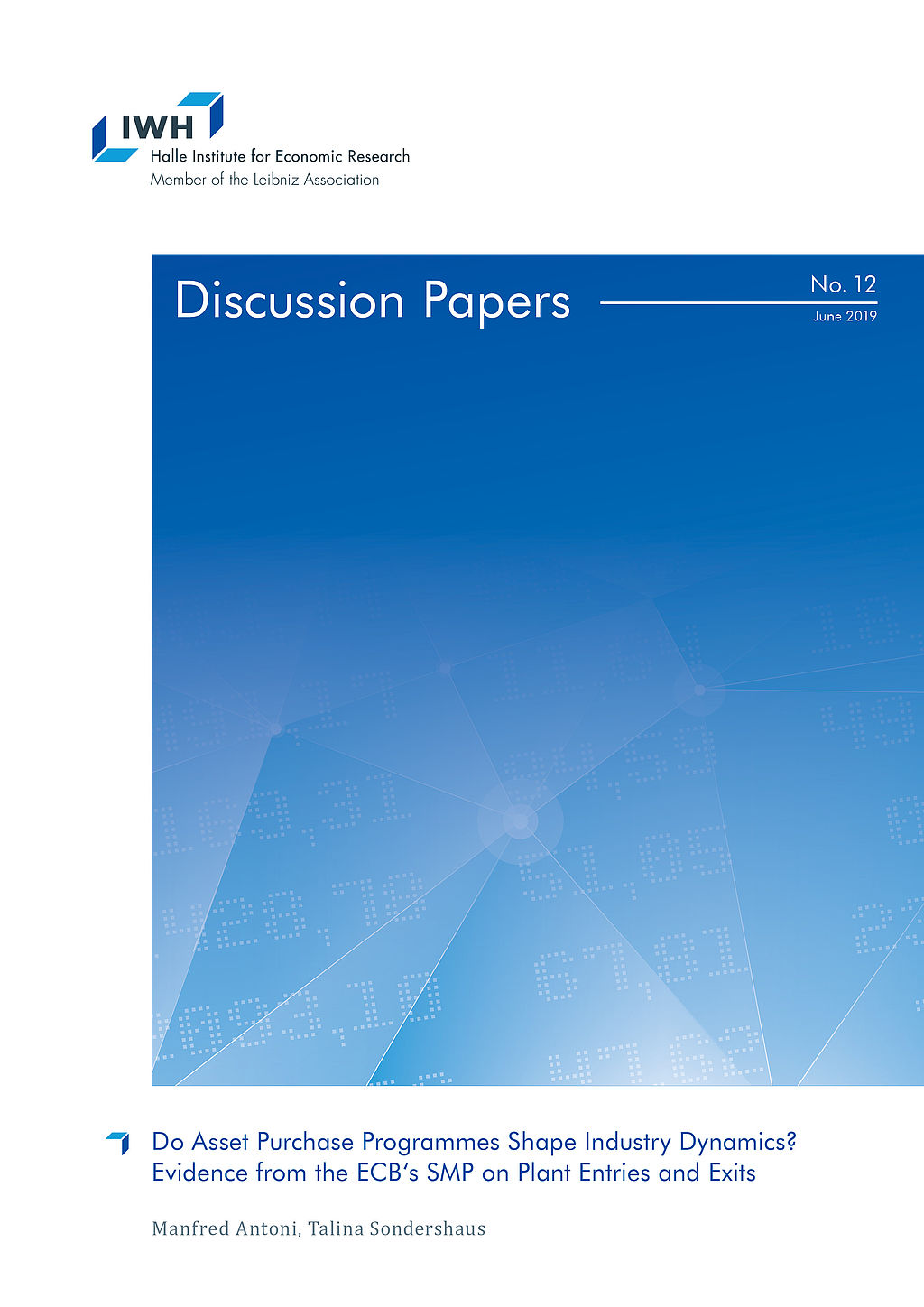
Do Asset Purchase Programmes Shape Industry Dynamics? Evidence from the ECB's SMP on Plant Entries and Exits
in: IWH Discussion Papers, No. 12, 2019
Abstract
Asset purchase programmes (APPs) may insulate banks from having to terminate relationships with unproductive customers. Using administrative plant and bank data, we test whether APPs impinge on industry dynamics in terms of plant entry and exit. Plants in Germany connected to banks with access to an APP are approximately 20% less likely to exit. In particular, unproductive plants connected to weak banks with APP access are less likely to close. Aggregate entry and exit rates in regional markets with high APP exposures are also lower. Thus, APPs seem to subdue Schumpeterian cleansing mechanisms, which may hamper factor reallocation and aggregate productivity growth.
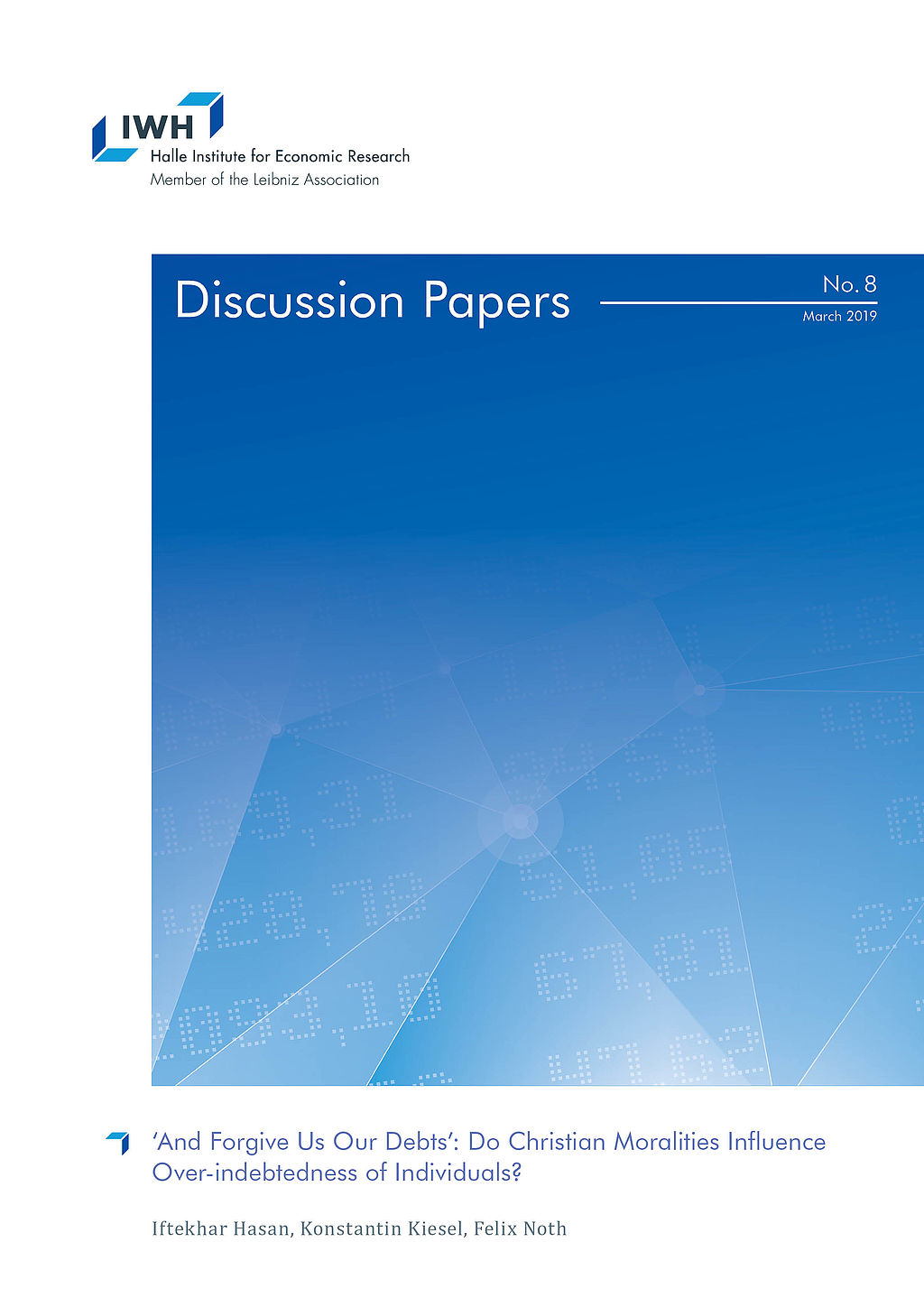
‘And Forgive Us Our Debts’: Do Christian Moralities Influence Over-indebtedness of Individuals?
in: IWH Discussion Papers, No. 8, 2019
Abstract
This paper analyses whether Christian moralities and rules formed differently by Catholics and Protestants impact the likelihood of households to become overindebted. We find that over-indebtedness is lower in regions in which Catholics outweigh Protestants, indicating that Catholics‘ forgiveness culture and a stricter enforcement of rules by Protestants serve as explanations for our results. Our results provide evidence that religion affects the financial situations of individuals and show that even 500 years after the split between Catholics and Protestants, the differences in the mind-sets of both denominations play an important role for situations of severe financial conditions.
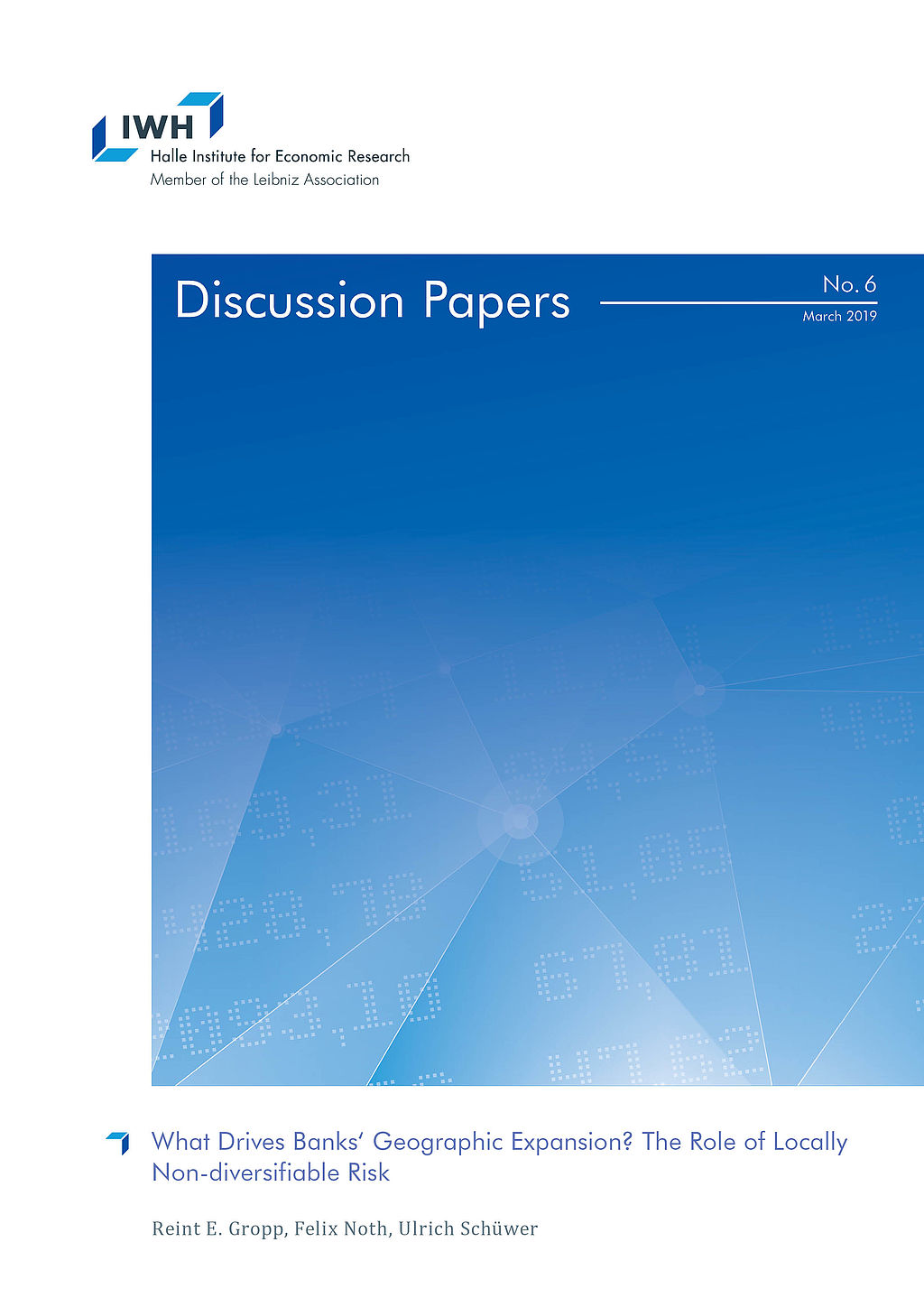
What Drives Banks‘ Geographic Expansion? The Role of Locally Non-diversifiable Risk
in: IWH Discussion Papers, No. 6, 2019
Abstract
We show that banks that are facing relatively high locally non-diversifiable risks in their home region expand more across states than banks that do not face such risks following branching deregulation in the 1990s and 2000s. These banks with high locally non-diversifiable risks also benefit relatively more from deregulation in terms of higher bank stability. Further, these banks expand more into counties where risks are relatively high and positively correlated with risks in their home region, suggesting that they do not only diversify but also build on their expertise in local risks when they expand into new regions.
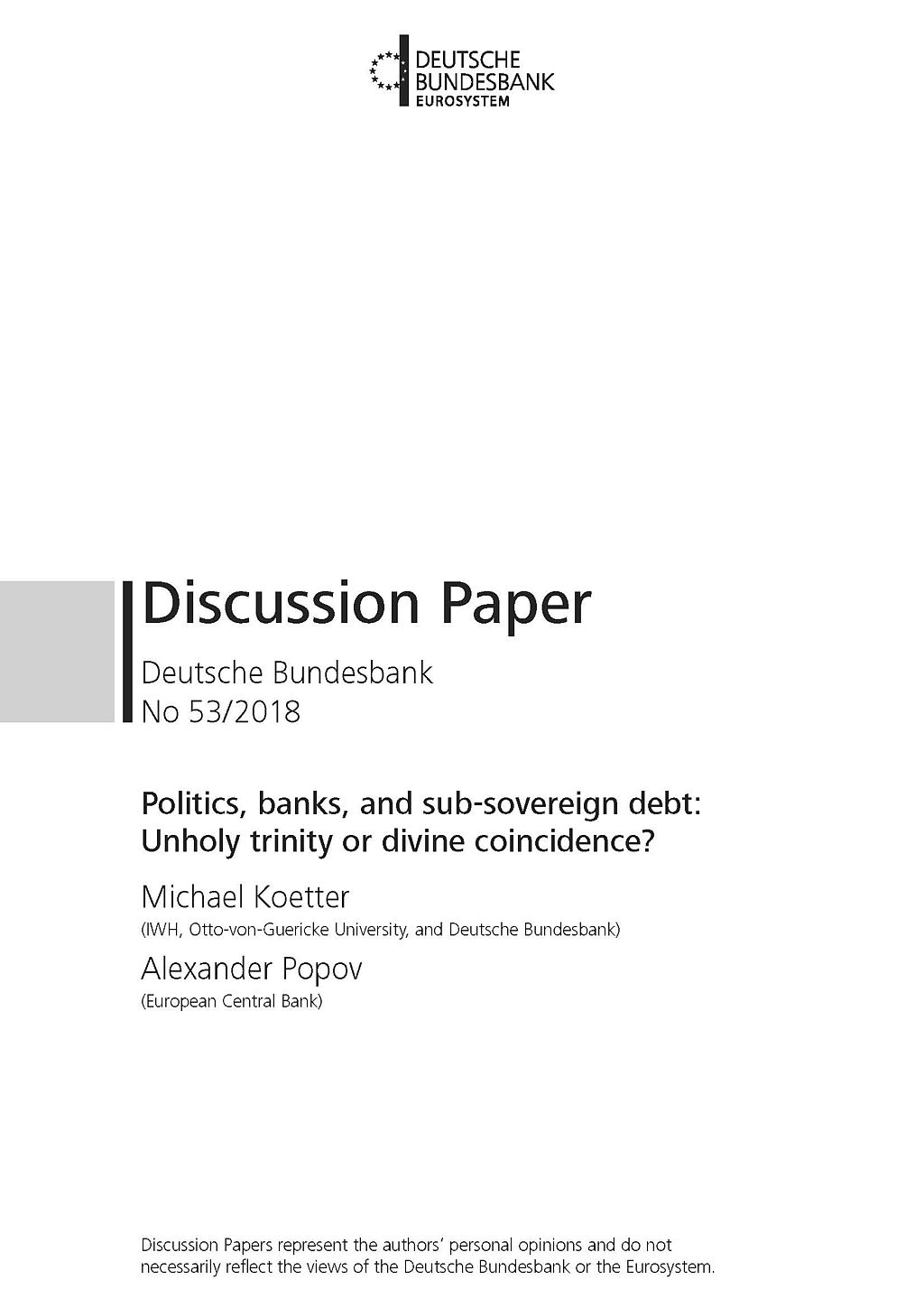
Politics, Banks, and Sub-sovereign Debt: Unholy Trinity or Divine Coincidence?
in: Deutsche Bundesbank Discussion Paper, No. 53, 2018
Abstract
We exploit election-driven turnover in State and local governments in Germany to study how banks adjust their securities portfolios in response to the loss of political connections. We find that local savings banks, which are owned by their host county and supervised by local politicians, increase significantly their holdings of home-State sovereign bonds when the local government and the State government are dominated by different political parties. Banks' holdings of other securities, like federal bonds, bonds issued by other States, or stocks, are not affected by election outcomes. We argue that banks use sub-sovereign bond purchases to gain access to politically distant government authorities.

May the Force Be with You: Exit Barriers, Governance Shocks, and Profitability Sclerosis in Banking
in: Deutsche Bundesbank Discussion Paper, No. 49, 2018
Abstract
We test whether limited market discipline imposes exit barriers and poor profitability in banking. We exploit an exogenous shock to the governance of government-owned banks: the unification of counties. County mergers lead to enforced government-owned bank mergers. We compare forced to voluntary bank exits and show that the former cause better bank profitability and efficiency at the expense of riskier financial profiles. Regarding real effects, firms exposed to forced bank mergers borrow more at lower cost, increase investment, and exhibit higher employment. Thus, reduced exit frictions in banking seem to unleash the economic potential of both banks and firms.


















